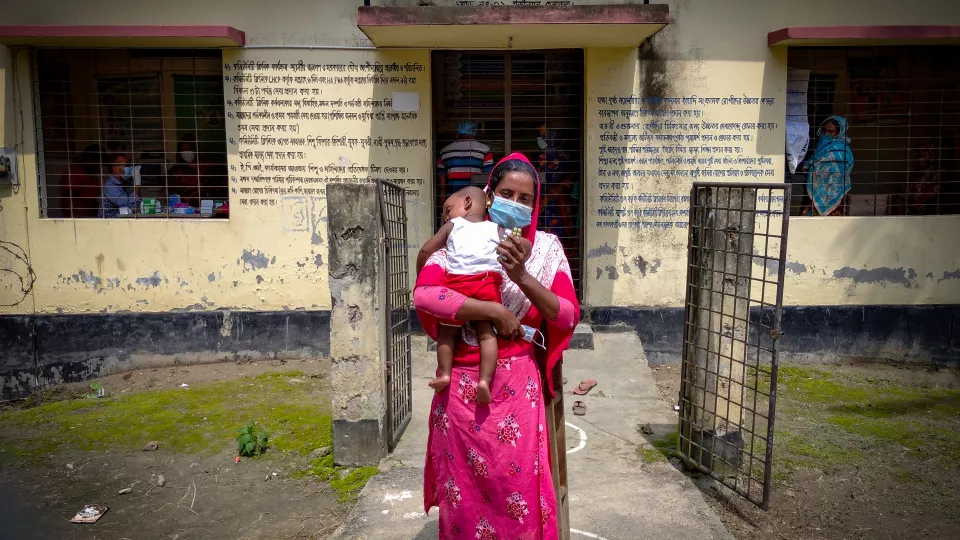Search
How Start Fund Bangladesh has influenced national practices to improve humanitarian action
Humanitarian coordination in Bangladesh involves a large number of stakeholders and forums, and a complex system of government committees that relate to disaster management actors, clusters, working groups, NGOs and INGOs. To be successful, this system needs to be responsive and adaptive to the local needs and contexts, well-coordinated and to ensure active participation of local and national actors. This is where Start Fund Bangladesh (SFB) fits in. Here are some examples where SFB has facilitated or lead changes within the humanitarian system in Bangladesh.

How do we help the world's poorest populations become sustainably resilient? Cash

3 lessons from Start Fund Bangladesh
In 2019, Start Fund Bangladesh opened up its membership to 26 local and national organisations enabling them to access direct funding and become involved in decision-making around funding and responses. As a direct result, 80% of all Start Fund Bangladesh funding had been awarded directly to local and national organisations in 2020. This directive to shift the power has also been explored in other ways. For example, Start Fund Bangladesh has also been working to encourage INGOs who have local implementing partners to share overhead costs so that these can be used to grow and strengthen local organisations. To understand more about further changes that Start Fund Bangladesh could make, we listened to some of the reflections of Sina Chowdhury and Sirajul Islam who work for two of the local organisations that joined in 2019. The verbatim quotes from the interviews provide a powerful and rich narrative around their experience working with Start Fund Bangladesh and as humanitarians and have led us to formulate three main lessons for the Start Network: BE MORE INCLUSIVE TO BE MORE EFFECTIVE; UPSKILL TO EMPOWER; and CHAMPION FOR CHANGE. This report would be of interest to all those working towards a system change to a more locally led humanitarian system that is more accountable to those affected by crisis.

Start Fund Bangladesh leads the way on locally-led humanitarian action

Dutch government and Start Network renew their partnership for 2024-2027
Start Network is delighted to announce that the successful partnership with the Ministry of Foreign Affairs of the Netherlands is due to continue, with just over £12million GBP allocated for the next three and a half years.
First use of Start Fund Bangladesh to help Rohingya refugees affected by Cyclone Mora
The case for localisation amidst COVID-19
COVID-19 has caused massive disruption to large-scale national and international mobilisation. Reduced international travel and the lockdown of stations, ports, borders, transportation and supply lines has disrupted the operations of many INGOs, making it virtually impossible to deploy surge capacities. As a result, many local organisations have been forced to step up and carry out locally coordinated responses to this pandemic.
